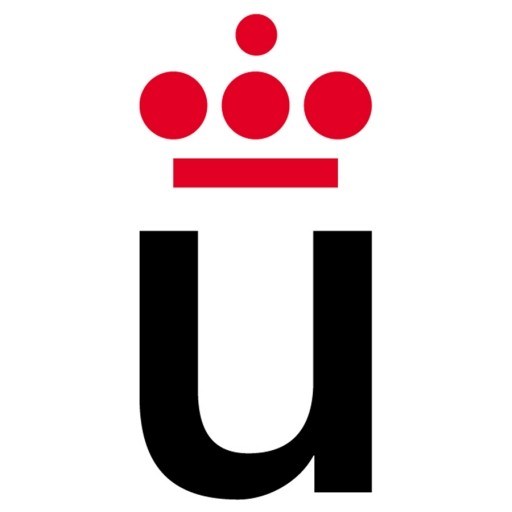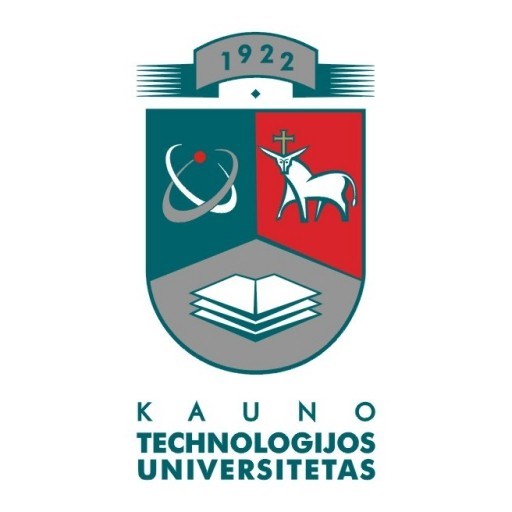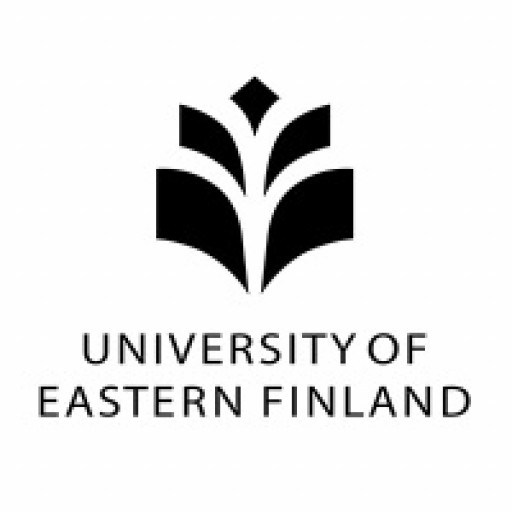Photos of university / #ucl
The MSc in Advanced Materials Science at University College London offers a comprehensive and rigorous curriculum designed to equip students with a deep understanding of the properties, processing, and applications of modern materials. This programme combines theoretical foundations with practical laboratory experience, preparing graduates for careers in research, development, and innovation within industries such as aerospace, electronics, energy, and healthcare. The course covers a broad range of topics including nanomaterials, polymers, ceramics, metals, and composite materials, alongside advanced characterization techniques, computational modeling, and materials design strategies. Students will explore cutting-edge developments in materials synthesis, properties, and functionality, enabling them to contribute effectively to technological advancements and sustainable solutions. The programme is suitable for graduates from engineering, physics, chemistry, and related disciplines who aspire to become experts in materials science. Delivered through a mix of lectures, seminars, laboratory work, and project-based assessments, the MSc emphasizes critical thinking, problem-solving skills, and innovation. The programme also offers opportunities for collaboration with industry partners and research projects, fostering a practical understanding of real-world challenges. Graduates will be well-prepared for doctoral research or roles in industry R&D, materials development, quality assurance, and technical consultancy. With access to UCL's state-of-the-art laboratories and a vibrant academic community, students will engage with leading scientists and participate in pioneering research activities. This MSc programme in Advanced Materials Science aims to cultivate the next generation of materials scientists who can contribute to technological breakthroughs and address global challenges such as sustainability, energy efficiency, and healthcare improvement.
The programme aims to equip students with advanced, comprehensive knowledge of materials science and related state-of-the-art technologies, an understanding of the structure, properties and applications of materials, scientific research skills, and the insight and capability to be an entrepreneur in the field. In addition, students will engage in a literature project and a six-month cutting-edge research project.
Students undertake modules to the value of 180 credits.
The programme consists of five core modules (75 credits), two optional modules (30 credits), a literature project (15 credits) and a research project/dissertation (60 credits).
Core modules
- Advanced Materials Characterisation
- Advanced Materials Processing and Manufacturing
- Materials Design, Selection and Discovery
- Microstructural Control in Materials Science
- Research Methodology
Optional modules
Students choose one or two optional modules to a total value of 30 credits from the following:
- Advanced Topics in Energy Science and Materials (15 credits)
- Biomaterials Applications (15 credits)
- Mastering Entrepreneurship (15 credits)
- Materials and Fatigue/Fracture Analysis (15 credits)
- Nanoscale Processing and Characterisation for Advanced Devices (15 credits)
- Simulation Methods in Materials Chemistry (30 credits)
Dissertation/report
All students undertake a literature project and a research project an independent research project which culminates in a 20-minute oral presentation and a dissertation of 10,000 to 12,000 words.
Teaching and learning
Teaching is delivered by lectures, interactive tutorials, case discussions, and modelling projects. Assessment is by a combination of ongoing coursework, presentations, a group project and/or a written examination, a dissertation and a viva voce.
A minimum of a second-class Bachelor's degree from a UK university or an overseas qualification of an equivalent standard.
English language requirements
If your education has not been conducted in the English language, you will be expected to demonstrate evidence of an adequate level of English proficiency.
The Advanced Materials Science MSc program at University College London offers a comprehensive overview of funding opportunities available to prospective students. The university provides a range of financial aid options, including scholarships, studentships, and bursaries, aimed at supporting both domestic and international students. Scholarship opportunities are often awarded based on academic excellence, research potential, or financial need, and applicants are encouraged to submit separate scholarship applications alongside their program applications. UCL also participates in various government-funded schemes, such as UK Research and Innovation (UKRI) grants, which may provide funding for eligible students engaging in research components of the program. Additionally, the university's dedicated financial aid office offers guidance and support on available funding, application procedures, and deadlines. Many students also seek external funding sources, including industry sponsorships, fellowships, and international scholarship programs. International students should explore specific grants available through governmental programs in their home countries or through international organizations. The cost of tuition varies depending on residency status, with detailed fee structures published annually on the university's official website. It is recommended that prospective students plan their finances early by considering all potential funding sources and applying promptly. UCL also offers advice on budgeting for living expenses in London, as well as part-time work opportunities that may supplement funding while pursuing the degree. Overall, the university emphasizes a proactive approach to securing financial support and encourages students to explore multiple avenues to finance their studies in Advanced Materials Science at UCL, ensuring that financial barriers are minimized and that students can fully focus on their academic and research activities.
The MSc in Advanced Materials Science at University College London (UCL) is a comprehensive programme designed to equip students with in-depth knowledge and practical skills in the field of materials science. This course covers a wide range of topics including the structure, properties, processing, and applications of various advanced materials such as nanomaterials, biomaterials, polymers, ceramics, and metals. The programme aims to prepare graduates for careers in research and development, manufacturing industries, and academia by providing a strong foundation in both theoretical concepts and experimental techniques. Students have access to state-of-the-art laboratories and facilities, enabling them to undertake cutting-edge research projects. The curriculum typically combines lectures, seminars, and laboratory work, along with opportunities for independent research. Throughout the programme, students learn about the design and engineering of new materials, their characterization, and their integration into innovative technologies. The course often includes modules on computational materials science, materials characterization techniques, and the sustainability and environmental aspects of materials. The programme fosters critical thinking, problem-solving skills, and the ability to work independently and collaboratively in multidisciplinary teams. Upon graduation, students are well-prepared to pursue careers in industries such as aerospace, automotive, electronics, healthcare, and energy, or to continue with doctoral research. UCL's Advanced Materials Science programme is highly regarded for its research-led teaching, strong industry links, and commitment to advancing knowledge in the field of materials engineering and science.










